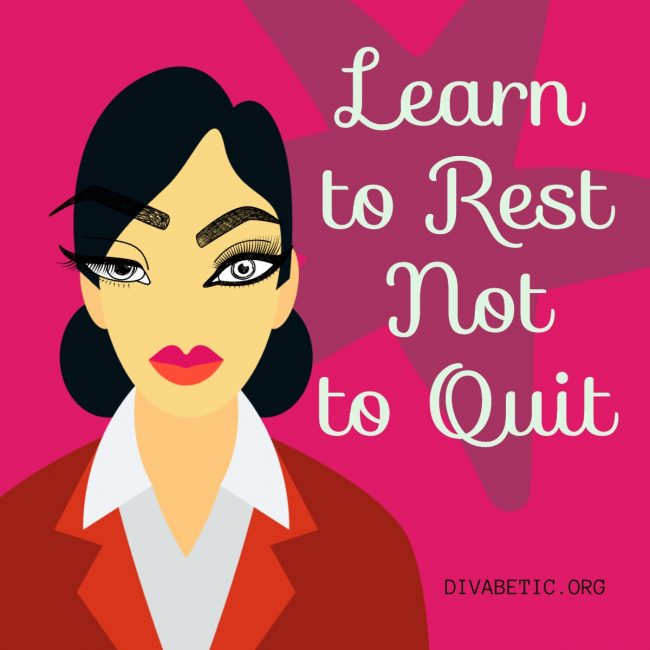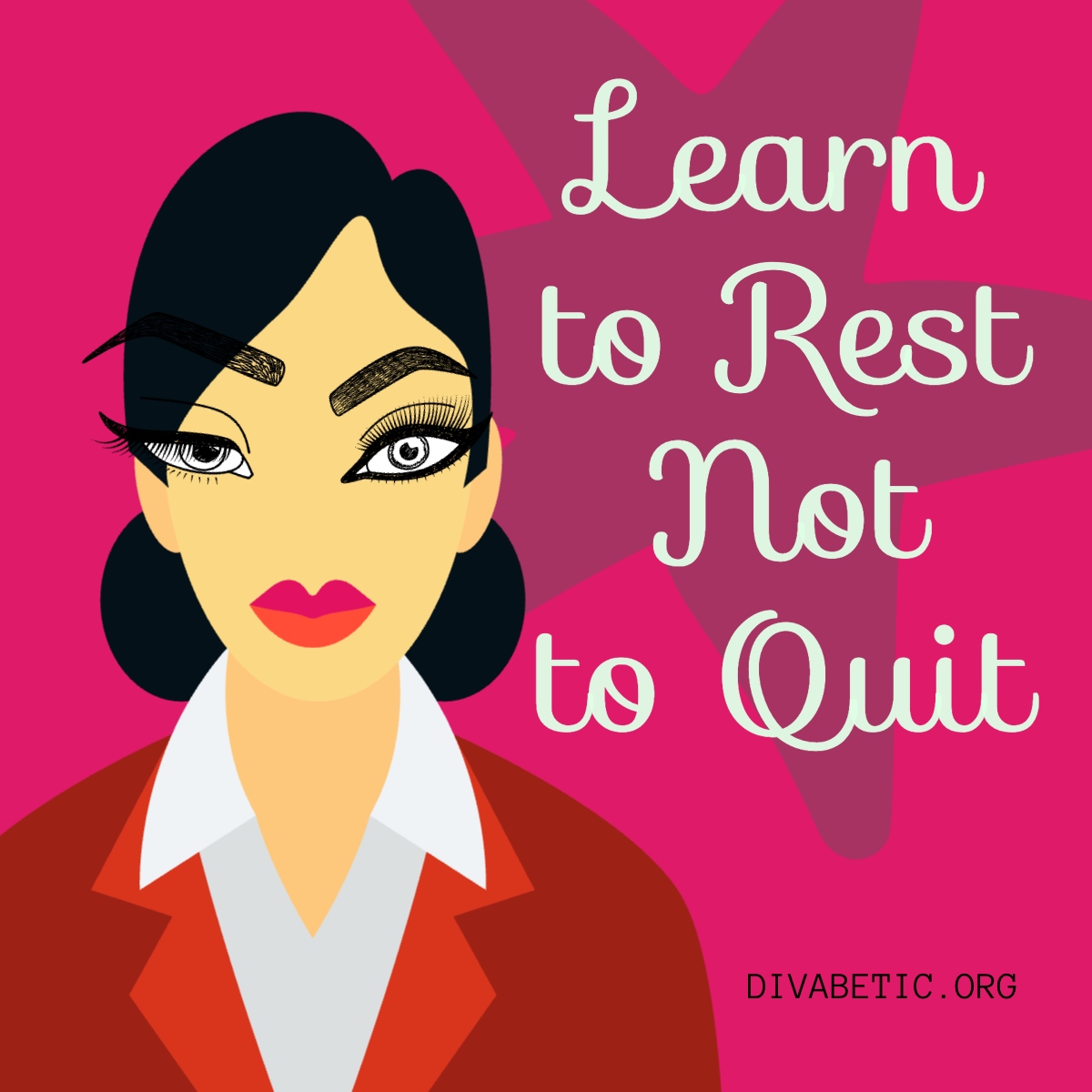Living with diabetes can be tough, but you’re doing an amazing job so far! You’re taking care of yourself by watching what you eat, making time for physical activity, taking your medication, and checking your blood sugar levels regularly. However, sometimes it can be discouraging when you’re not seeing the results you were hoping for or when you develop health problems despite all your efforts.

Just remember that it’s okay to feel frustrated, discouraged, or burned out. It happens to many people with diabetes. You’re not alone!
It’s important to be kind to yourself and celebrate the progress you’re making every day. Don’t hesitate to reach out to a trusted friend or a therapist for support. Your healthcare team is also there to help you refocus on new ideas and strategies.
Instead of focusing on big goals, try taking small steps toward achieving them. For example, lowering your A1c by 1% can be a great start. Remember, every little step counts, and you’re still headed in the right direction.
If you’re feeling overwhelmed or stressed, it’s important to tap into encouragement, insights, and support from people who’ve been there. Divabetic is partnering with Diabetes Sisters to offer in-person and online group support and webinars. Accessing the right kind of support is essential to avoid burnout and continue taking care of yourself and your health. Keep up the good work!
Sia has made evoking viewers’ raw emotions from her videos a habit. Her usage of Maddie Ziegler with wild choreography, coupled with the black background, emphasizes the hurt and longing in Sia’s voice. She’s also the voice behind hit songs like ‘Chandelier’ and ‘Diamonds’, but the Grammy-nominated artist might be best known for not showing her face at public events.
“If anyone besides famous people knew what it was like to be a famous person, they would never want to be famous,” Sia wrote. ““I don’t want to be famous or recognizable. I’ve been writing pop songs for pop stars now for a couple of years, and I’ve become friends with them and see what their life is like, and that’s not something I want.”
Sia has incredible talent that does not go unnoticed. The podcast will play selected cuts from Sia’s “1000 Forms of Fear” album courtesy of SONY Music.
Guests include Dr. Beverly S. Adler, PhD, CDE, Poet Lorraine Brooks, the Charlie’s Angels of Outreach, Mama Rose Marie, and Zippora Karz, a former NYC Ballet Solo Ballerina with type 1 diabetes and author of the memoir “The Sugarless Plum”.






